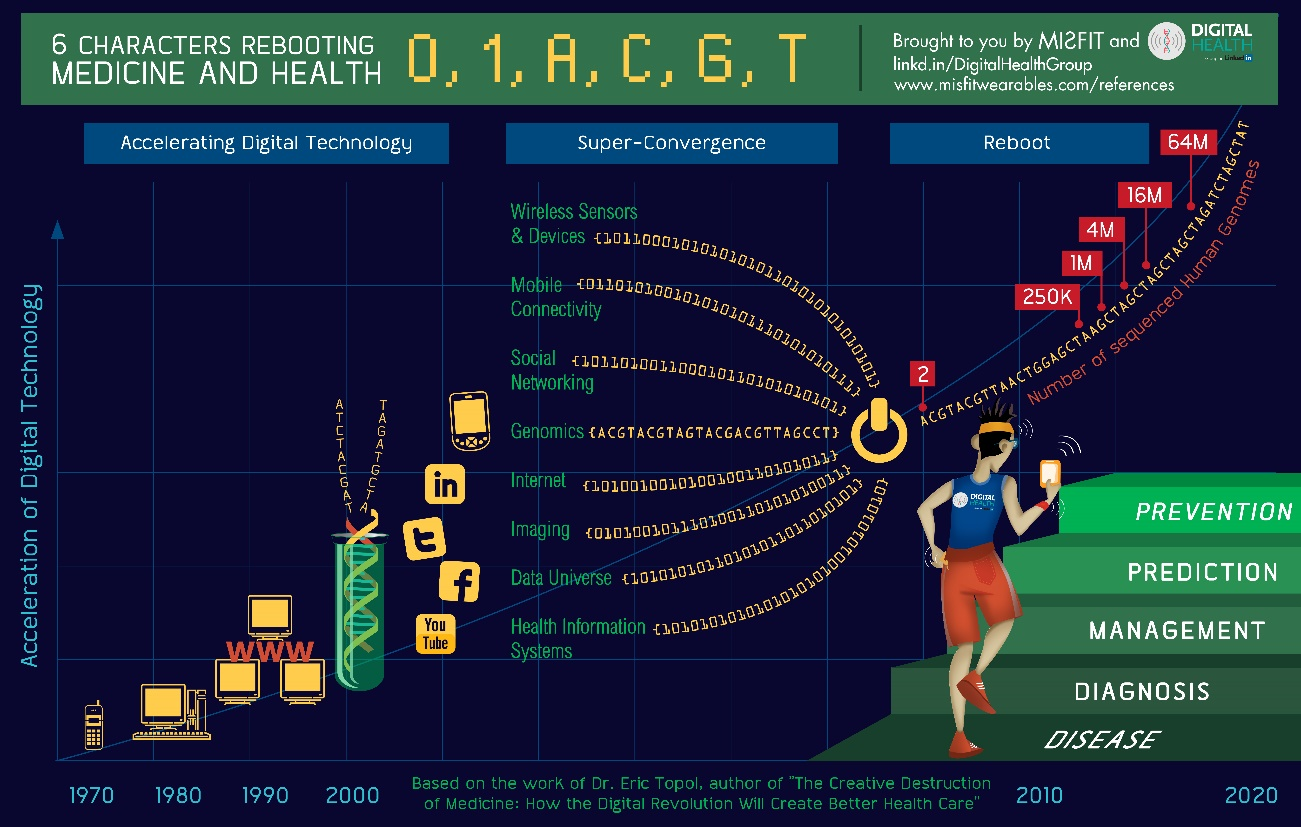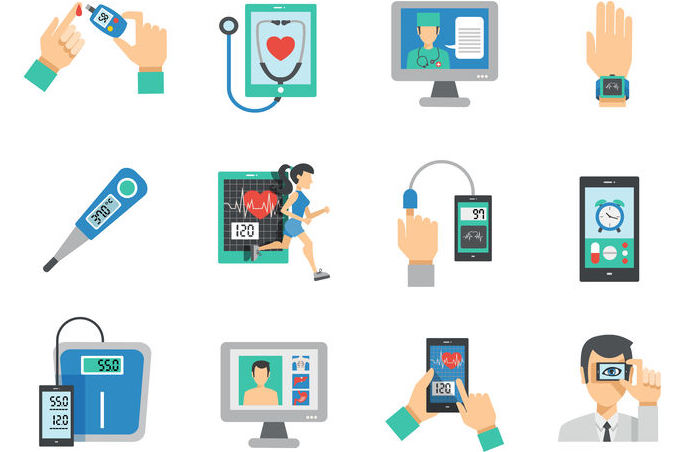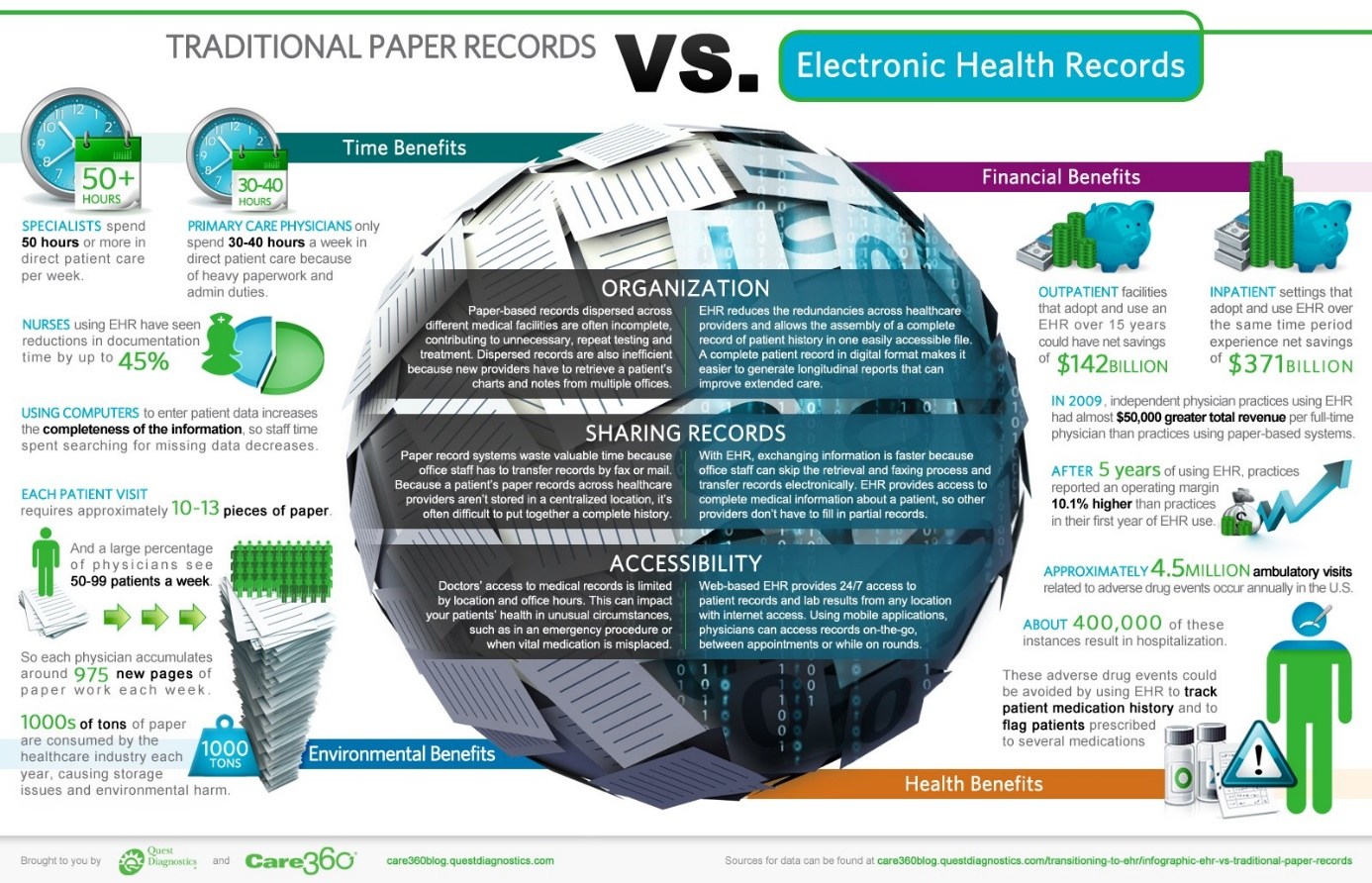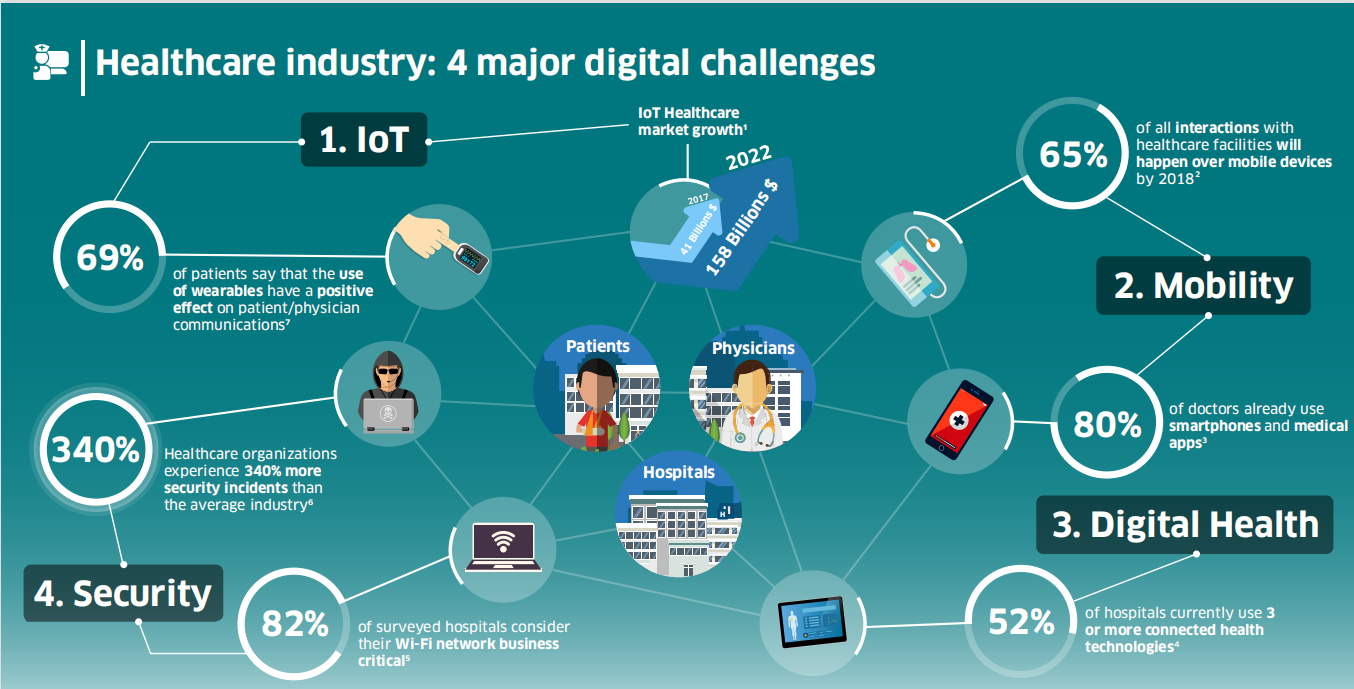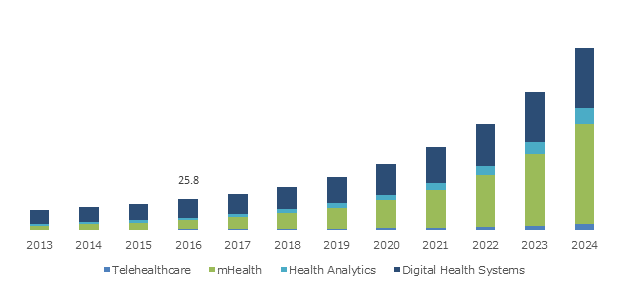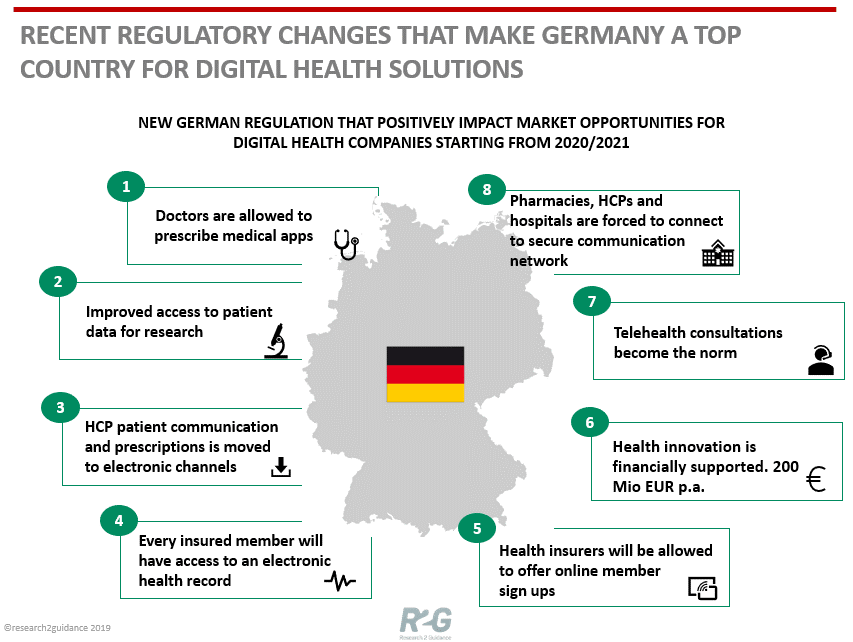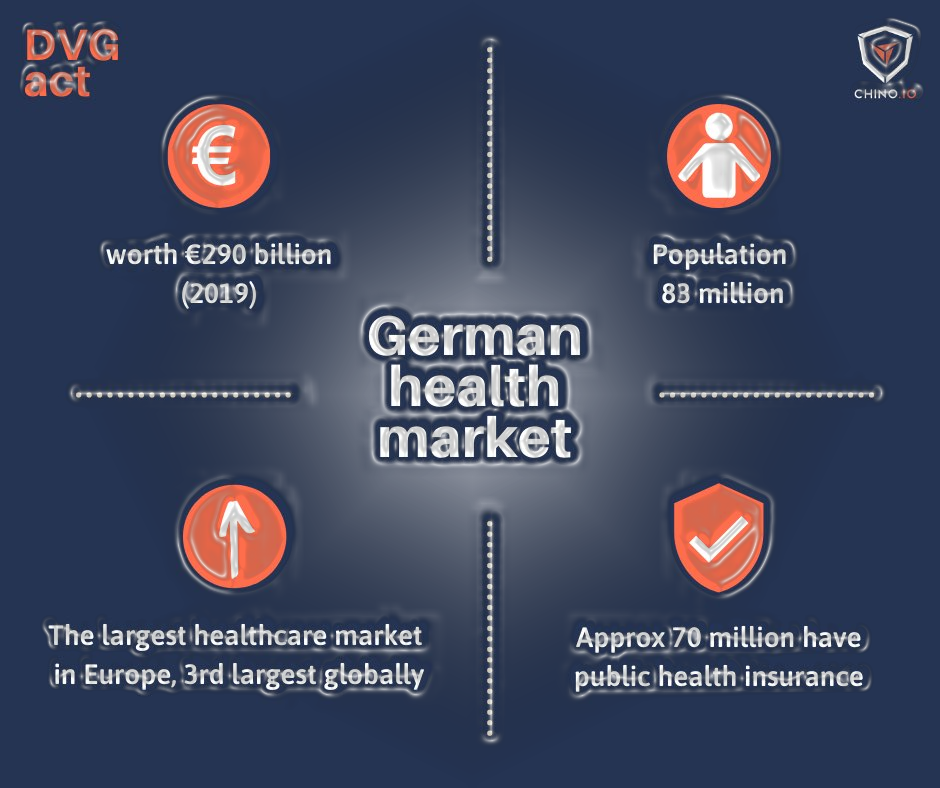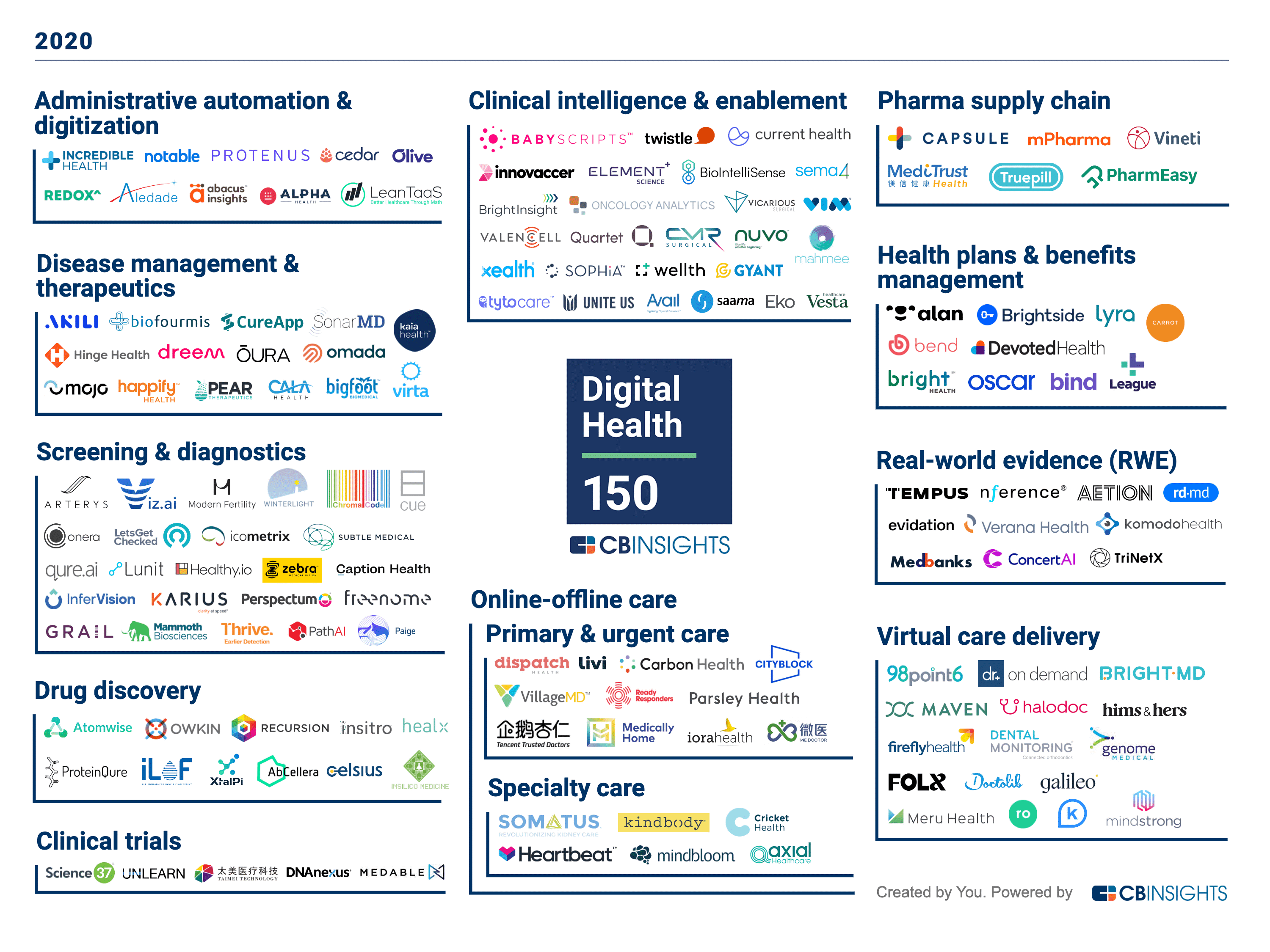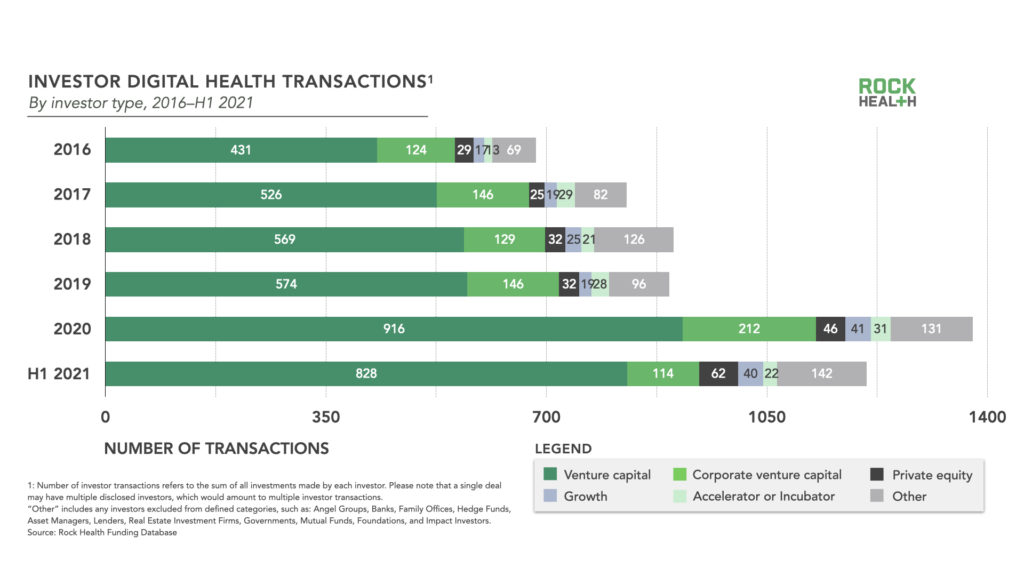Opportunities in Digital Health in Germany: The Investors' Perspective
Analog healthcare is wiped out
Opportunity is a time made for possible situations or circumstances to occur, and it comes when you are informed.
Are you an investor, or you have interest in a digitized society, are you very much attracted to Artificial Intelligence (AI) and the likes of it? Are you a young health practitioner who is fascinated and overwhelmed with all the happenings around the digitization of health care?
Here is an eye-opener to things you need to know about Digital Health and by the end of this article, you will be so willing to financially, physically, or intellectually invest in digital health. Digital health currently has a very wide market for investors to make some revenue and have a taste of the "new oil".
Analog Healthcare:
When you hear the word "Analog", what are the things that come to your mind? Well, while you are at it, let us look at the definition where Jason,(2018) defined Analog Healthcare as "the healthcare system where information is passed via inefficient, disjointed forms like paper transfer, snail mail (post mail) and fax, which increases the time, effort, and cost spent on receiving and delivering healthcare".
We can then conclude that if patient information is not made available to people involved in the provision of healthcare, the result will be disjointed, incomplete patient records which lead to misdiagnosis, medical errors, waste, poor-quality care. This can be seen when insurance providers deny payment for care that cannot be justified.

Sadly enough, we are still living in that era of analog healthcare system.
Digital Health:
We hear about digital health on a daily basis, but what exactly does it mean? There are numerous definitions one could find about digital health; however, Bernstein in his article, defined digital health as a broad multidisciplinary concept which has an intersection between technology and healthcare. It applies digital transformations into the health care system (2021).
Digital health consist of several components, which include;
- Mobile health (mHealth) apps
- Electronic health records (EHRs) & electronic medical records (EMRs)
- Wearable devices
- Telehealth and Telemedicine, as well as personalized medicine.
Benefits of Digital Healthcare
- Improve health care quality or effectiveness
- Increase health care productivity or efficiency
- Prevent medical errors and increase health care accuracy and procedural correctness
- Reduce health care costs
- Increase administrative efficiencies and healthcare work processes
- Decrease paperwork and unproductive or idle work time
- Extend real-time communications of health informatics among health care professionals
- Expand access to affordable care
For instance, when we take a look at the difference between the digital Electronic Health Record (EHR), and the analog paper-based health record, it will give us an idea of how important it is to digitize healthcare.
Challenges of Digital Health
In spite of all the benefits, digital health is still affected by various challenges as shown in the image below
Why should I Invest in Digital Health?
We ask ourselves this question anytime we want to make an investment. But we need to understand that for efficiency and effectiveness to be obtained in the healthcare system, digital health is required. Moreover, it has been forecasted by statistical result, that digital health will reach $379B by 2024.
Digital Health in Germany
Digital health is a growing area in healthcare with huge potential, such that you could assume it is fully accepted and implemented in the German healthcare system. However, the degree of healthcare digitization in Germany is low compared to other German industries.
Germany as a country, is a market that looked attractive from the outside for digital health startups worldwide. But many digital health innovators and companies from Germany have either moved out or failed as certain barriers seem to strongly impede the process of healthcare digitization.
The good news is; with the new regulations passed on November 7th 2019, by the German House of Parliament, there will be a major impact on the success rate of digital health solutions provided to insured residents in Germany. Also, the German healthcare sector is undergoing massive digitization, such that by 2025, the German digital health market is projected to be worth 57 Billion Euros.
The Investors' Opinion
From the Digital Health Summit held in Munich, Germany, it was brought to notice and attention the fact that many investors are willing to invest in digital health, However, due to the Germany system which does not support preventive measures, it is decreasing the pace at which healthcare digitization is being invested in. Nonetheless, it is recommended that if doctors begin to appreciate start-ups, and encourage the implementation of "DIGA", (which aims to open up the medical space by allowing Digital Health apps to be prescribed by doctors, just as they prescribe medications today), then the fate of digital health in Germany might positively be affected.
Moreover, with the number of digital health startups springing up, it could be deduced that investors are willing to invest in digital health.
Despite the numerous challenges that seem to befall digital health in Germany and the new ones to arise, the Germany healthcare market is said to rank high on the geographical roadmap of international digital health providers. Market entry options are better than ever before, and this is an opportunity for investors to make a move towards digital health, and investors are highly interested in investing in digital health as it seems to be a very viable area.
In conclusion, you can imagine a world where you can have access to every detail about your health, and don't have to
worry about nurses taking your folder to the doctor, while you are not allowed to open or see it.
When healthcare is digitized, a patient's health information will be available to all stakeholders, when and where needed. A patient also can
share personally collected information -
blood pressure, glucose levels, weight, medication tolerance, and so on - that will be received and understood by all key players in real-time.
Nonetheless, we need a strategy, and a communication concept for digital health to succeed. When it happens, it will be an all-around success for
all the stakeholders involved.
Written by:
Okoro Olivia Adaugo
References
- World Health Organisation; Digital health
- Brailer, D.(2004), HHS Report. The decade of health information technology..
- Tom Seymour et al., Minot State University Electronic Health Records (EHR);
- Nohl-Deryk, Pascal et al (2018) Hurden_bei_der_Digitalisierung_der_Medizin_in_Deutschland
- Jason S Lee, (2018) Moving away from analogue health
- Corinne Bernstein, digital health (digital healthcare)
- Germany Trade & Invest 2022, Digital Solutions for Today's Health Care Challenges
